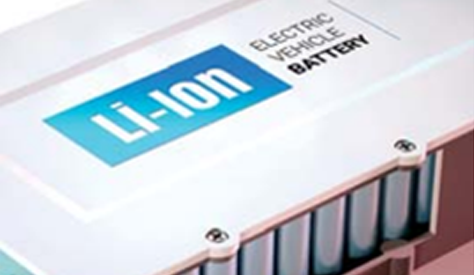Bry-Air dehumidification technology for error-free, high-quality Li-ion batteries production.
The advanced technology EVs are being sought across the globe for their eco-friendly solutions, efficient at curbing the release of vehicular exhaust into the air. Even India has pledged to become the EV first nation by 2030. Lithium-ion batteries comes to the forefront, which is at the heart of the EV ecosystem. It is highly preferred for its high energy per unit mass in comparison to other electrical energy storage systems available in the market. The advanced technology used in Li-ion batteries gives it the advantage of high energy efficiency, high power-to-weight ratio, good high-temperature performance, and low self-discharge. The importance of Li-ion batteries can itself be seen from the fact that it makes up for 40-50% of the electric vehicle cost.
With so many incidents of EVs catching fire coming to light, a lot of responsibility lies on the battery sector to come up with highly competitive and safe batteries. The various components making up Li-ion batteries are highly hygroscopic and tend to absorb moisture available in the air. Hence, it is a prerequisite to carry out the battery manufacturing process in highly controlled environmental conditions. The humidity level must be highly regulated and monitored throughout the battery manufacturing and assembling. To achieve the required environmental conditions, Li-ion battery manufacturing must be carried out in Dry Rooms. Dry Rooms come along with the moisture control equipment for achieving extremely low dew point, as low as -80°C for the ideal processing of hygroscopic and moisture-sensitive materials.
Considering the importance of desiccant dehumidification technology, Bry-Air Dry Rooms come with the patented Environment Control Dehumidification System, Green DryPurge (GDP) series, and highly efficient Super Low Dew Point (LDP) series that provide dehumidification/ moisture control solutions in perfect confluence with a refrigeration system to maintain the desired RH within the narrow humidity range. Failing to control the humidity can give rise to safety concerns where the chances of explosion are high due to the production of inferior-quality batteries.
This even impacts the performance of the vehicle. As a result, the manufacturers must be agile enough to adopt dehumidification technology for the manufacturing of error-free, high-quality Li-ion batteries.









